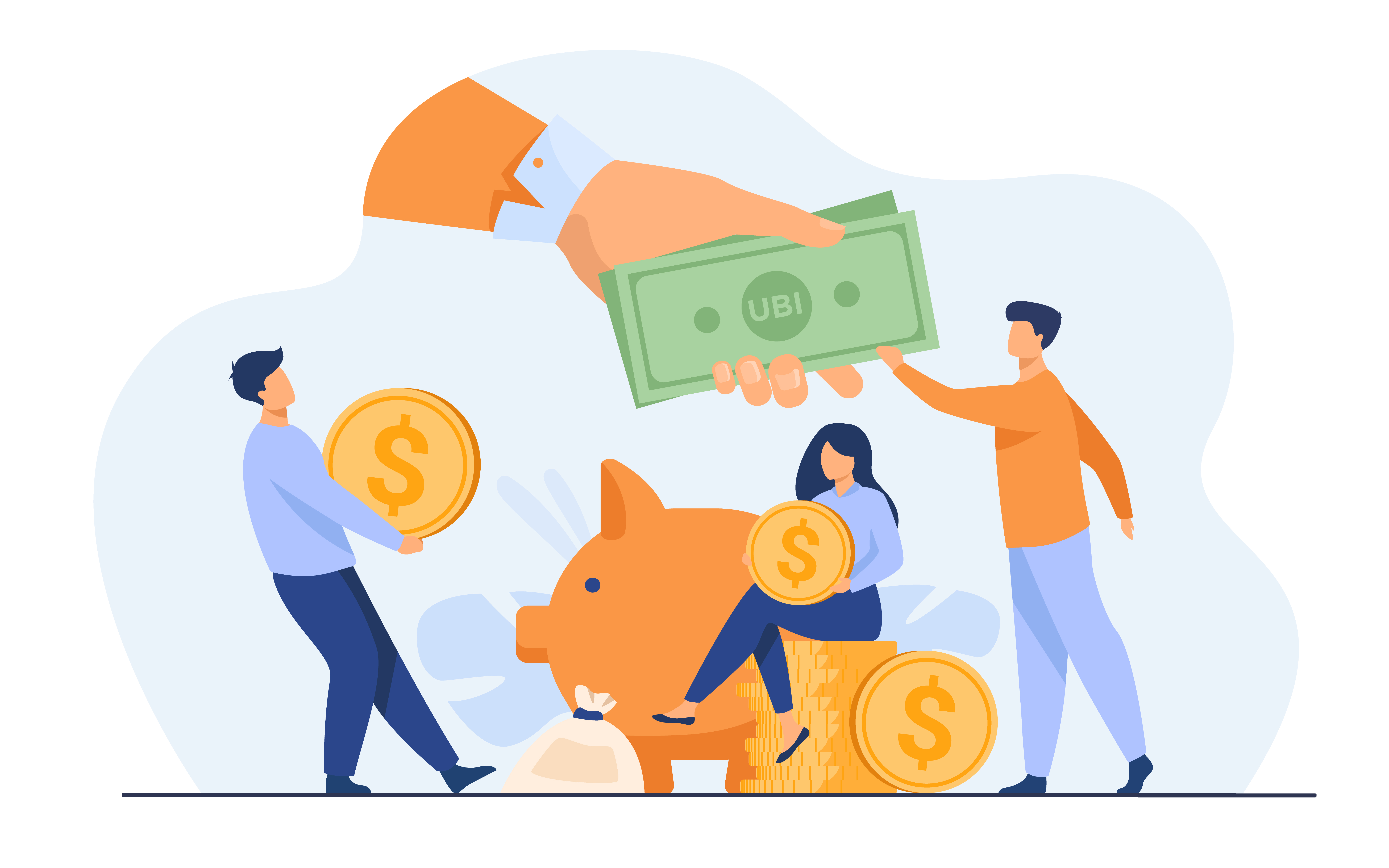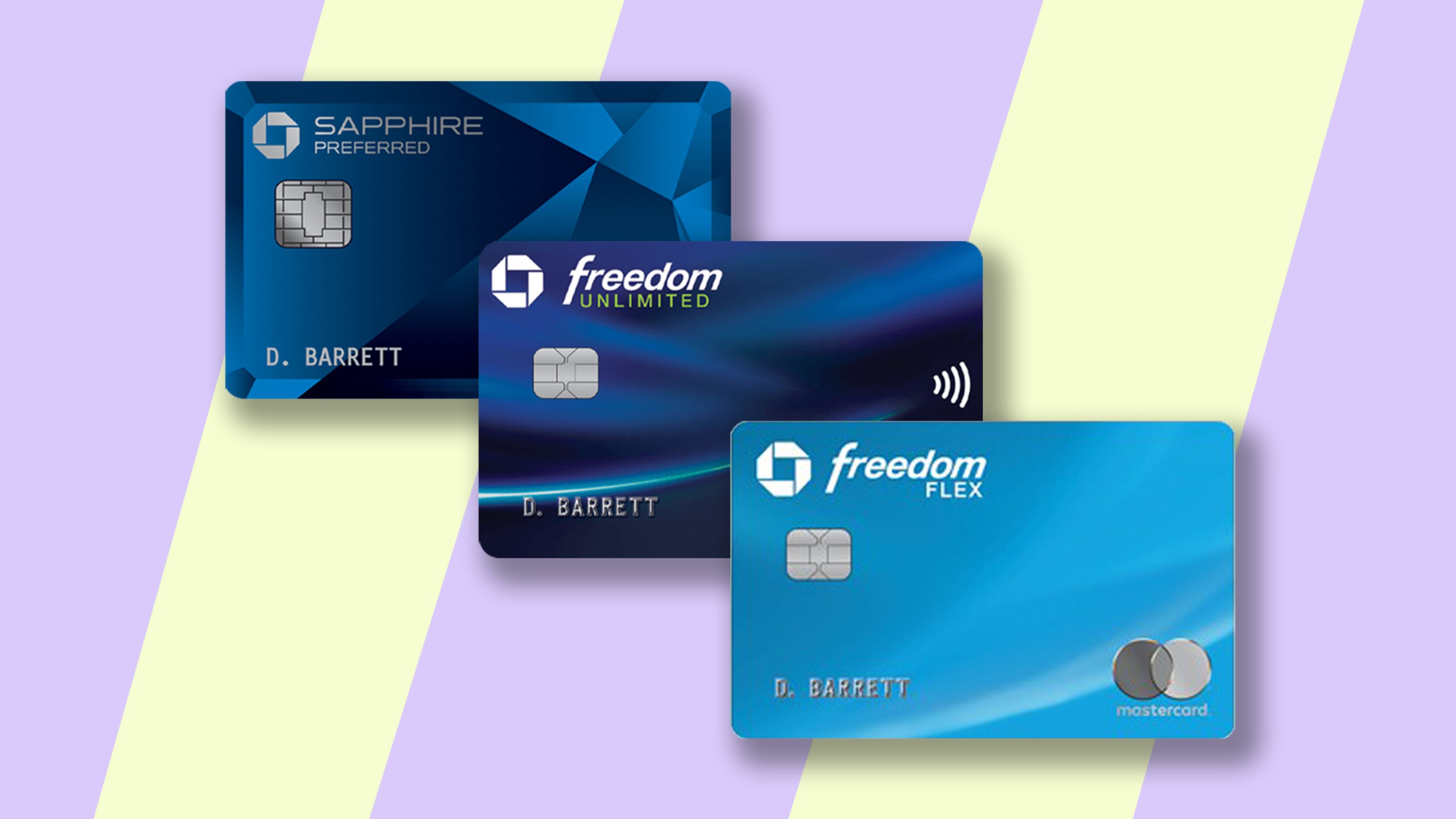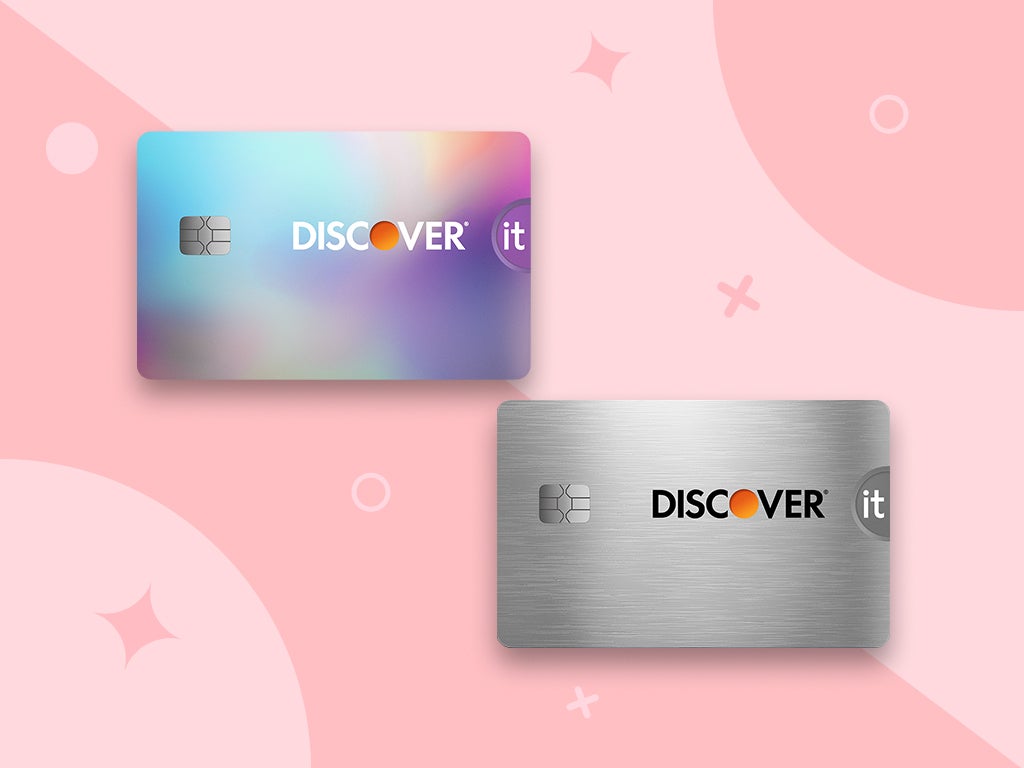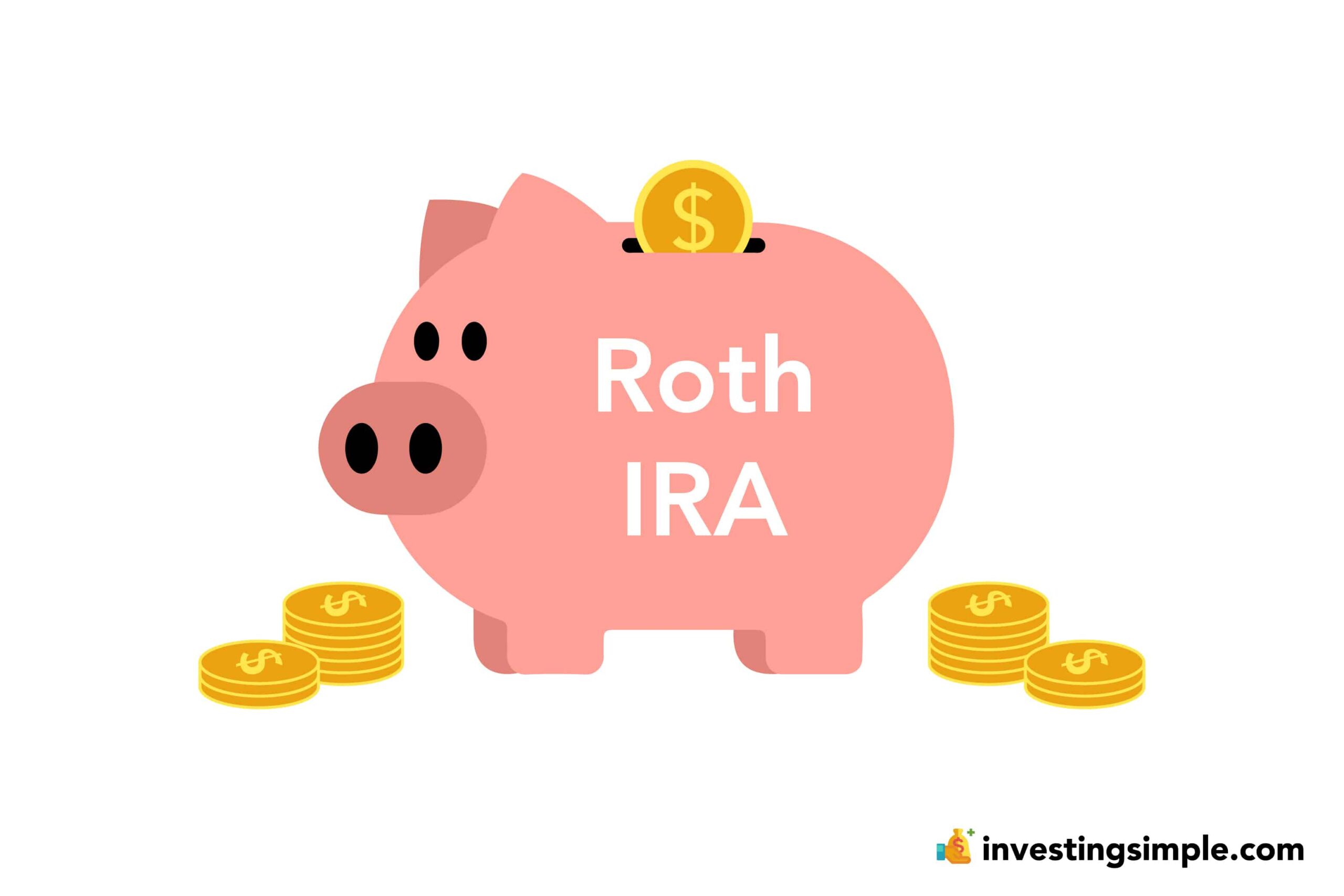- Published on
Financial Advice for 18 Year Olds

Table of Contents
Turning eighteen officially marks the beginning of adulthood in the United States, encouraging a heightened state of responsibility. For many, that means managing a budget, dealing with loans, and fully taking care of yourself for the first time. Regardless of whether this sounds like your situation the following advice will be helpful for everyone turning eighteen.
So now that you're eighteen, what do you have access to that you did not have before, and what can you do to set yourself up for the future?
Open a Credit Card

Opening a credit card was one of the best choices I made when I turned eighteen. Although for some, credit cards seem to have a malicious reputation due to financial institutions having predatory intentions, they are completely harmless as long as you follow the golden rule.
Do not borrow any money that you do not have.
You can consider a credit card to be similar to a bank loan. Every month, your credit card issuer will loan you x dollars you can choose to use. If you use it, a statement will be generated at your statement close date (for simplicity, let's say this is the end of the month). Now at the end of your month, after your statement is generated, you will face zero issues as long as you pay off your balance in full.
If you follow the golden rule, you will be able to do this every month, and you will not incur any interest from using the card. Now you might be asking yourself, why not just use a debit card to avoid this hassle?
- Credit cards offer incredible benefits such as cash-back, travel perks, and statement credit
- Credit cards offer young people to start building their credit early
- Fraudulent activity on a credit card will not be your responsibility at all
Most, if not all, cards have some sort of incentive that allows you to earn cash back on some categories of purchases. For instance, suppose you open a Chase Freedom Unlimited card. At the moment, their current cash-back categories are:
- 3x back on Dining/Takeout Purchases
- 3x back on Drug Store Purchases
- 1.5x back on all other Purchases
Let's say you spend $200/mo on Takeout. That will earn you 600 points. These points can be redeemed for good travel purchases like hotels, flights, and car rentals. They often have a better redemption value than paying cash. Another huge benefit is if you take the tab for dinner with friends, you can rack up points pretty quickly.
In terms of fraudulent activity, if someone steals your card, you do not have to worry about it. Call the CC company, inform them of the fraud, and they will ship out a new card quickly.
My Card Recommendation
 Discover IT Student Cash Back
Discover IT Student Cash Back
I think this card is the perfect starter card for the following reasons:
- Accept people with no credit history
- Good revolving categories at 5% cash-back
- Discover matches all cash-back for the first year, effectively yielding 10% back the first year
Most cards will be great but do your research! If you have no credit history, I do not recommend Chase as you will probably get rejected as they require one year of history.
Open a Roth IRA

A Roth-IRA is an Individual Retirement Account to which you contribute after-tax dollars. While there are no current-year tax benefits, your contributions and earnings can grow tax-free, and you can withdraw them tax-free and penalty-free after age 59½ and once the account has been open for five years (Charles Schwab).
To make this easier to read, I'll give the following explanation. Basically, you have taxed and untaxed money. When you get a paycheck from work, they usually deduct the taxes from your paycheck before giving it to you. The money you receive is taxed money calculated based on your tax bracketing information. Some employers offer the ability to contribute money to an IRA or 401K before it gets taxed.
When you contribute this untaxed money, you have to pay tax when you take the money out of your account and pay the taxes at whatever bracket you are at that age.
When you are younger, your tax rate is usually lower than when you are older, just by the nature of where you are in your career. Thus, it is often beneficial for you to put in taxed money now so that it remains untaxed when your tax bracket is higher at an older age. When you put taxed money into a Roth IRA you don’t any taxes when you withdraw in the future.
There is so much to talk about so I really recommend searching for more information on this topic. Investment-wise, I recommend sticking to general large funds like the S&P500 and total Market rather than focusing on micromanaging stocks.
Start Budgeting

Budgeting has quite literally changed my life over the past year. I went from saving by checking my bank account balances to actually assigning categories and counting each dollar as it came in and left my account. As a result, I was able to save money for the things I actually cared for rather than spending it on things that I would regret later on.
Personally, I think YNAB (You Need a Budget) is a fantastic budgeting tool that is free for all students. It allows for conscious purchasing rather than acting on impulse and also gives tools to start understanding how to save for goals over long periods of time.
As always, these are just recommendations to look into, I hope they help with the future!
- Authors

- Name
- Apurva Shah
- Website
- apurvashah.org